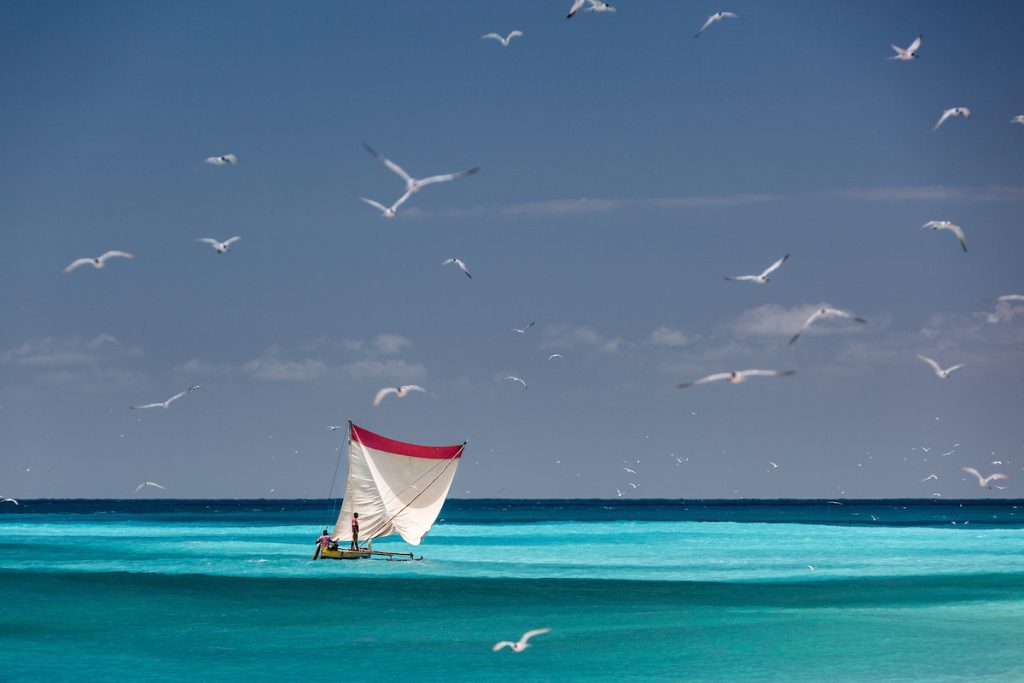Hooked
June 2022
World Oceans Day: inspiring a locally led marine conservation movement
Our oceans and the coastal communities that depend on them are facing a deepening environmental and humanitarian emergency on a global scale. But reversing this downward spiral is possible. Compelling examples from dozens of countries show that community-led solutions can rebuild fisheries, safeguard biodiversity and bolster resilience.
The communities driving these initiatives are not passive victims of the climate and ecological emergencies, but global leaders in the fight to restore our oceans. This World Oceans Day, we’re celebrating the inspiring achievements of the many hundreds of communities we’re privileged to support around the world.
Don't miss
Catch of the day
Transformational gift drives more funds to frontline ocean defenders
In late March we received the largest single donation in our history, with a remarkable gift from philanthropist MacKenzie Scott. This gives us an unprecedented opportunity to scale up our reach and impact and drive funding to community-based organisations on the frontlines of the ocean emergency working to restore marine life, safeguard livelihoods and rebuild fisheries. We’ll soon be launching a Frontline Community Fund to drive funding to high-impact community-based organisations to restore ocean life and equitably transform lives. Watch this space.
Read MacKenzie Scott’s Medium blog about her reasons for supporting locally based solutions, and our Executive Director’s response to this “seismic” donation in this Inside Philanthropy article.
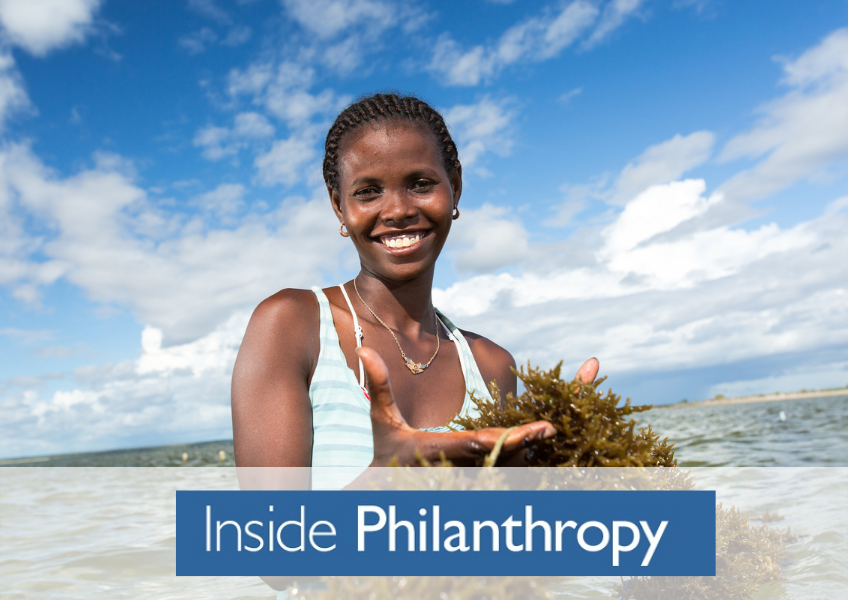
Madagascar increases transparency to tackle illegal fishing
Madagascar’s government has been taking great strides towards increasing fisheries transparency, recently publishing a list of the 39 industrial vessels that are authorised to catch shrimp in the country’s waters. This is the latest in a series of commitments to improve fisheries governance in the island nation. Other initiatives include cracking down on destructive bottom trawling in coastal waters, and officially joining the Fisheries Transparency Initiative, the leading global standard for fisheries transparency and participation. We’re working closely with the Government of Madagascar to support fisheries management and transparency.
Read more about this work here in English and French, or on WIOMSA’s blog.
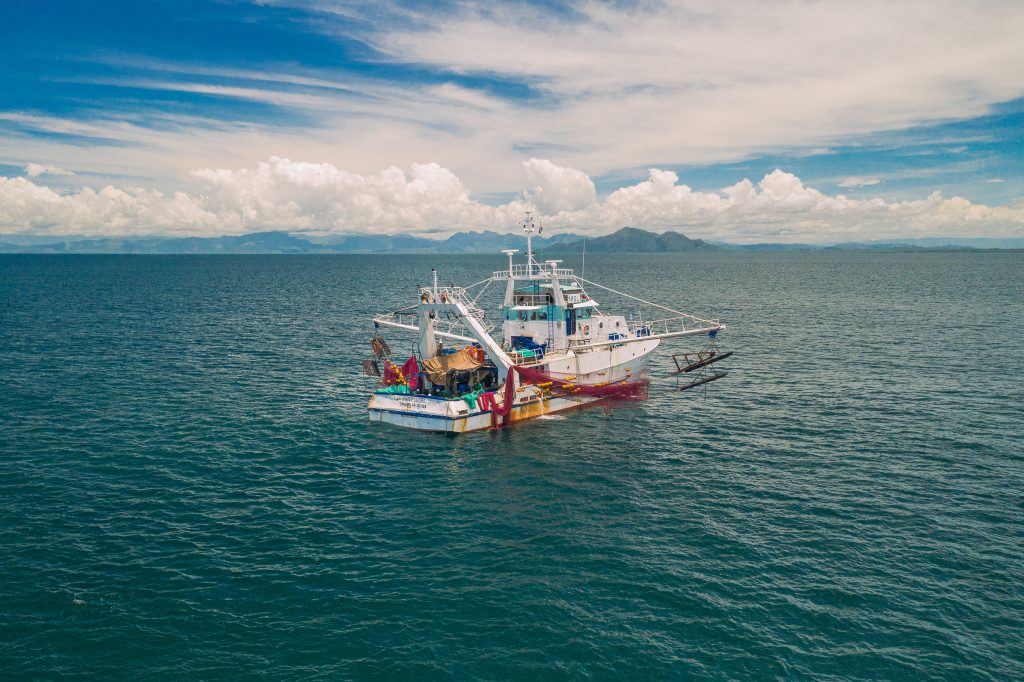
Blue Ventures appoints a new chair
Earlier this year we welcomed our new Chair of Trustees, Fiona Holmes, who took over from John Wareham. Fiona’s vast leadership experience and work across the commercial and charity sectors will help our plans to grow and achieve our 2025 strategy: Thriving Fishers, Thriving Oceans.
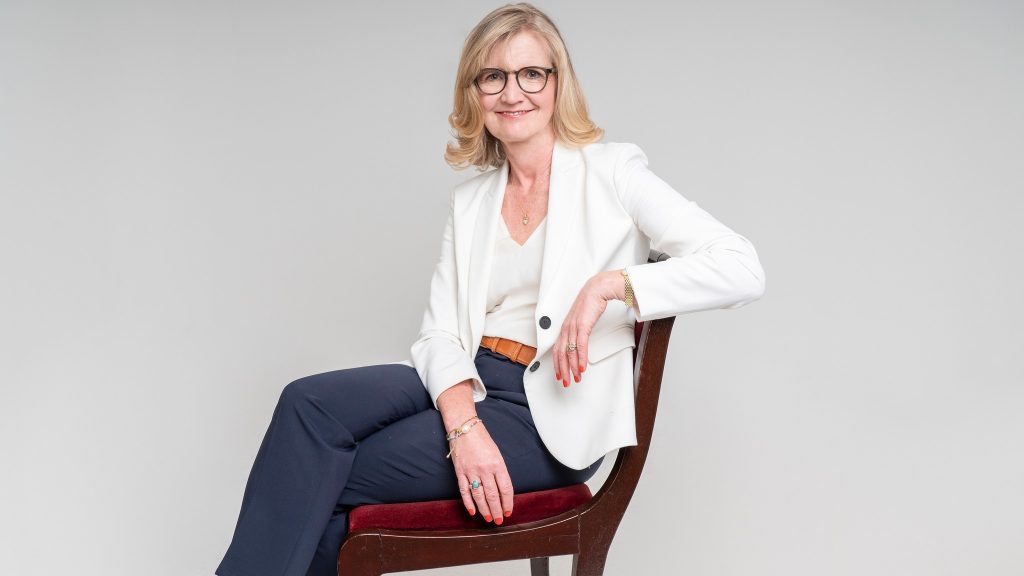
Climate Emergency
Six months on from COP26 climate negotiations in Glasgow, we’re seeing the deadly effects of increasingly frequent and severe disasters linked to climate change in the Western Indian Ocean and beyond. Three severe cyclones and two tropical storms hit Madagascar at the start of the year, affecting more than 900,000 people and causing numerous fatalities, widespread damage and displacement. The damage worsened the severe hunger crisis in an island nation where most people rely on fishing and farming to eat or make a living. In many already poor coastal communities, cyclone damage has destroyed infrastructure and development progress. Our recent research also shows the devastating impact of tropical cyclones on coral reefs in Madagascar.
Across the water in Mozambique, we’ve been supporting coastal communities to rebuild in the wake of Cyclone Gombe, which hit the country in March. The cyclone devastated areas in coastal provinces, killed dozens of people and affected around half a million people nationwide. Western Indian Ocean researchers recently gave stark warnings about widespread starvation in the region by 2035 and a disaster for food security, livelihoods and marine life due to the Mozambique channel warming faster than any other ocean.
We are helping communities in Madagascar and Mozambique to mitigate and adapt to climate change by safeguarding the fisheries on which they depend.
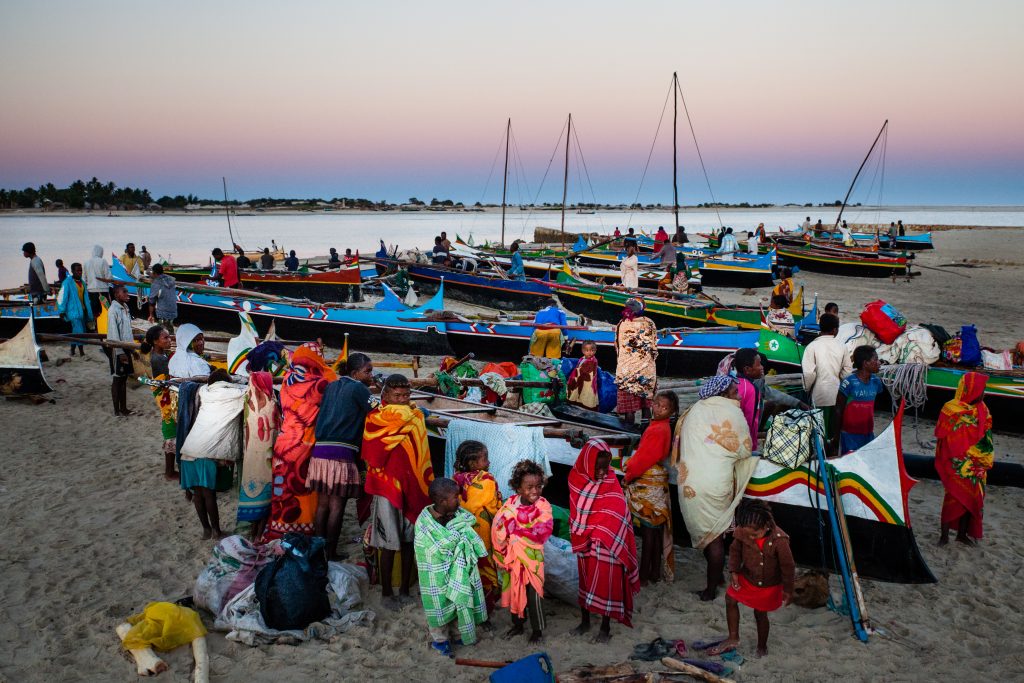
Somaliland
Colleagues from Kenya and Tanzania travelled to Hargeisa to help support efforts to establish the first community-led Marine Protected Area (MPA) in Zeila district. We joined our Somali partners Secure Fisheries and Candlelight to share our experiences of developing community-led marine and fisheries management initiatives in East Africa. We’re excited to support efforts by the newly established Zeila Co-management Association, supported by government ministries, NGOs, and the fisheries sector to embark on locally-led conservation and fisheries management efforts. Later this year, communities from Somaliland will be travelling to visit established locally-led marine conservation efforts in Madagascar.
Read about our first Somalia to Kenya learning exchange and how community conservation offers hope for sustainable fisheries on the Kenyan coast.
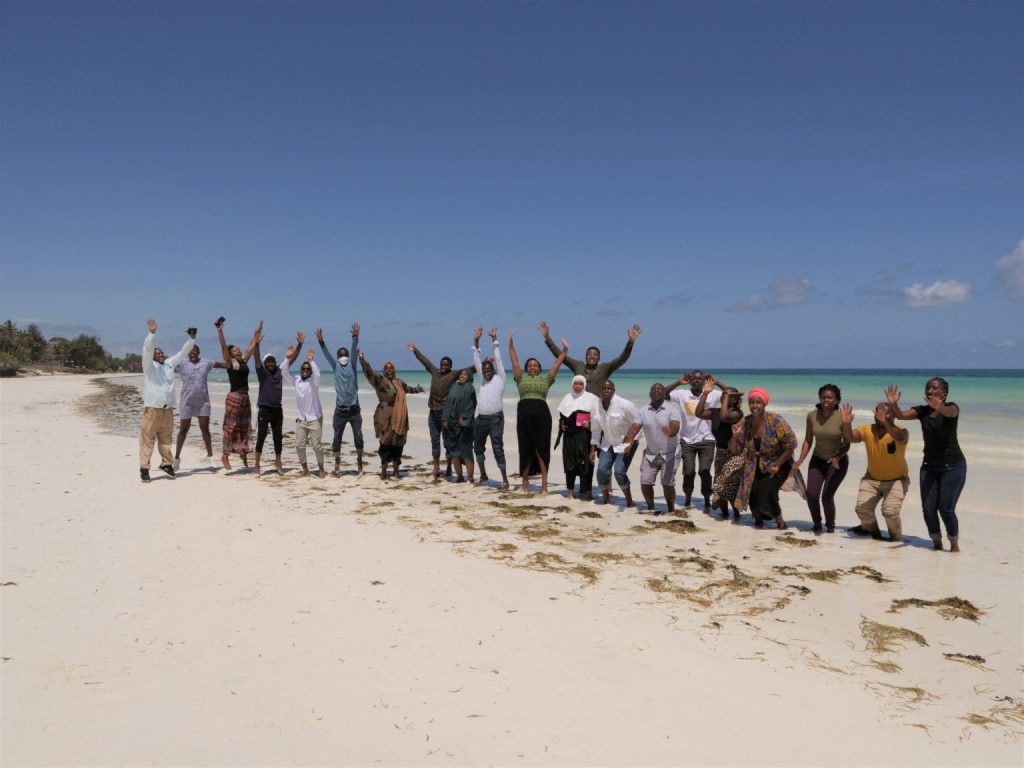
In our net(work)
Indonesia
Ocean Educator
Indah Rufiati, the island-hopping fisheries lead at our sister organisation YPL in Indonesia, made the long journey across five countries to Palau to address the Our Ocean Conference. She spoke at the conference’s opening plenary about her journey working in conservation, the importance of letting communities lead, and of putting women centre stage.
Watch Indah’s speech from 4.19m and hear the song composed by an island community in the Maluku archipelago to honour Indah’s work.
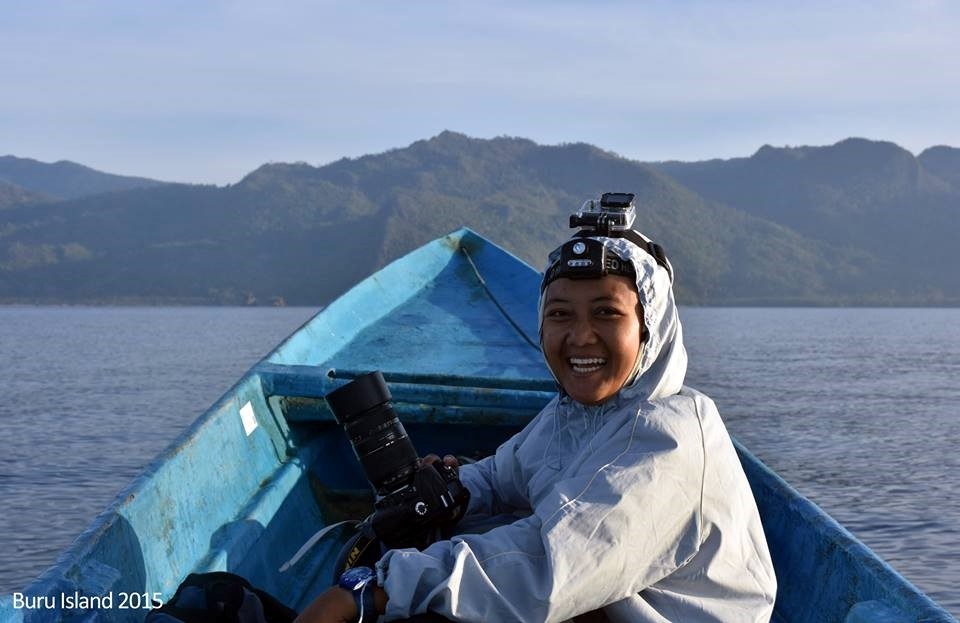
Indonesia
Ocean Hero
Indonesian ocean hero Mursiati (Nusi) is a passionate young environmentalist from the Wakatobi Archipelago. Based on the remote island of Kaledupa, she works with our partner FORKANI to help coastal communities strengthen traditional fishing practices, rebuild fisheries and protect high biodiversity reefs and seagrass lagoons. Nusi was awarded the prestigious Blue Marine Local Hero Award in May for her inspirational work.
Watch Nusi’s Ocean Awards acceptance read our blog about Nusi’s work.
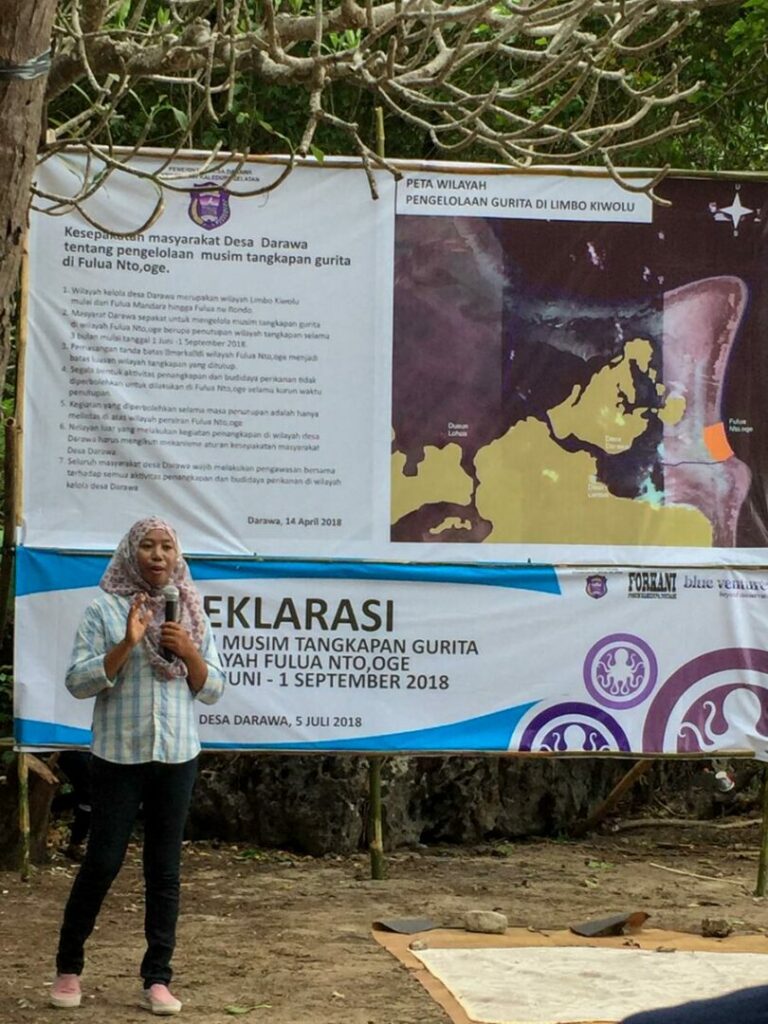
Madagascar
Ocean Expert
Malagasy ocean expert Vatosoa Rakotondrazafy, President of Madagascar’s national network of locally-managed marine areas, MIHARI, features in this Mongabay article highlighting why we put small-scale fishers, who she says, “have a Ph.D in the ocean,” at the centre of our work.
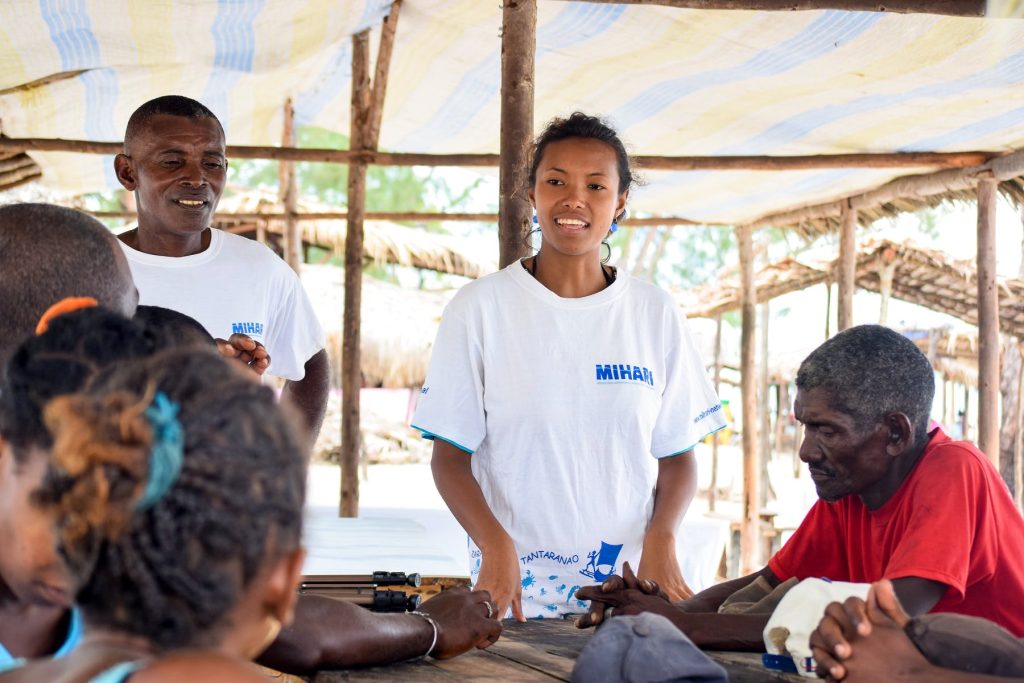
Worldwide
Ocean Defender
We published an open letter calling on decision-makers to put communities first in the UN’s proposed 30 by 30 plan ahead of a Geneva Convention on Biodiversity meeting in March. Read more about why we believe that the best way to protect nature is to protect the human rights of those who live among it and depend upon it.
Signed by more than 100 conservation and human rights experts and endorsed by 10 conservation organisations, our letter was featured in a Mongabay interview with Vivienne Solis, a human rights and environmental defender working for an organisation we partner with in Costa Rica.
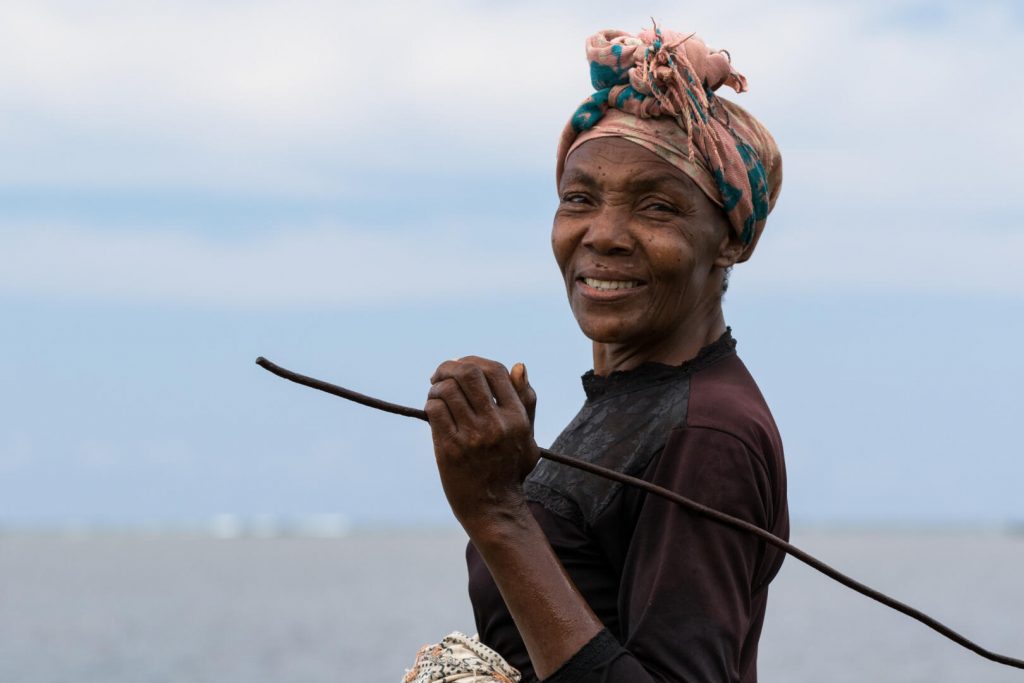
The UN General Assembly recently voted to make March 1st official World Seagrass Day, in recognition of the huge potential of seagrass to sequester carbon, protect marine ecosystems, and rebuild fisheries. Here are some recent highlights from our work supporting locally-led protection of these spectacular ocean meadows.
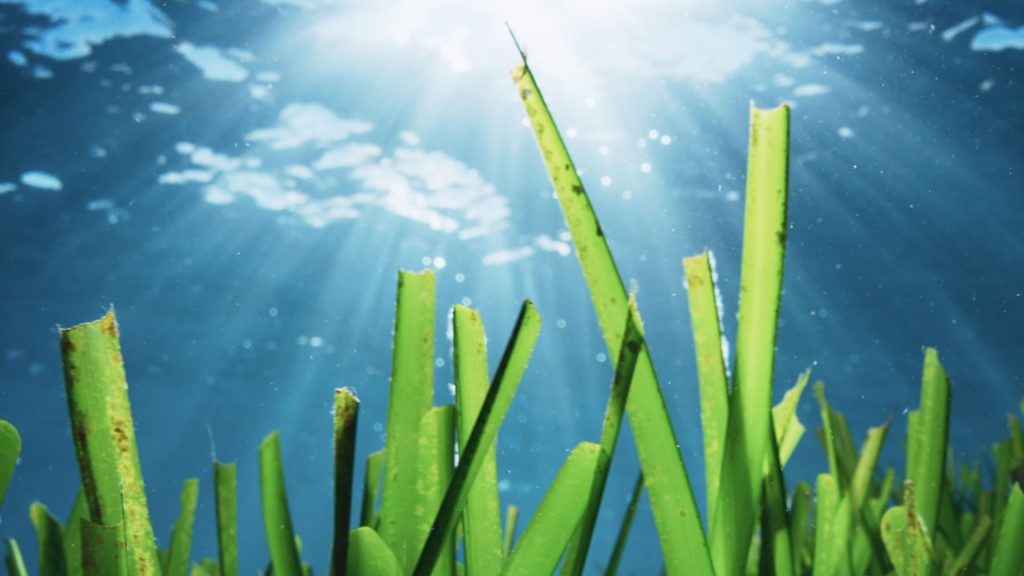
Madagascar
Communities have established the first seagrass no-take zone in Madagascar’s Velondriake locally-managed marine area (LMMA). They were inspired by another community we support in nearby Manjaboake reporting a remarkable increase in fish abundance nine months after setting up their seagrass reserve.
“This is a huge step forward for protecting the marine environment and helping people in Velondriake,“ said Javier del campo Jimenez, Blue Ventures’ marine ecologist in southwest Madagascar.
“By preserving these vital seagrass meadows, fisheries can recover, helping bolster the livelihoods of local communities.”
Community representatives joined government officials, LMMA managers and partners to position a series of buoys that mark the limits of the newly-designated area, then held a traditional fomba ceremony to celebrate this exciting milestone.
Dive deeper here:
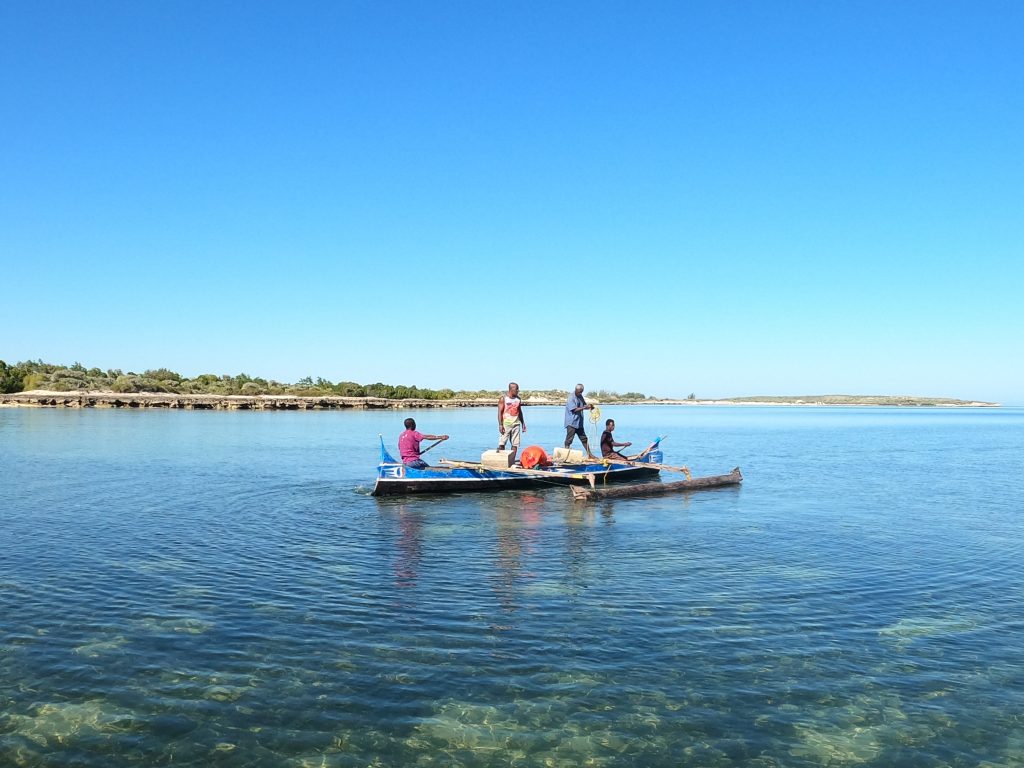
Thailand
The Save Andaman Network (SAN) works closely with coastal communities in Thailand’s Trang province to promote sustainable marine management.
We’re supporting SAN to develop community-based tourism businesses that include sustainable local funding for conservation activities, building on our experiences of locally-led seagrass management from Timor-Leste and Madagascar. This year we’ll be expanding our partnership to further develop seagrass and mangrove blue carbon and fisheries management programmes.
Dive deeper here:
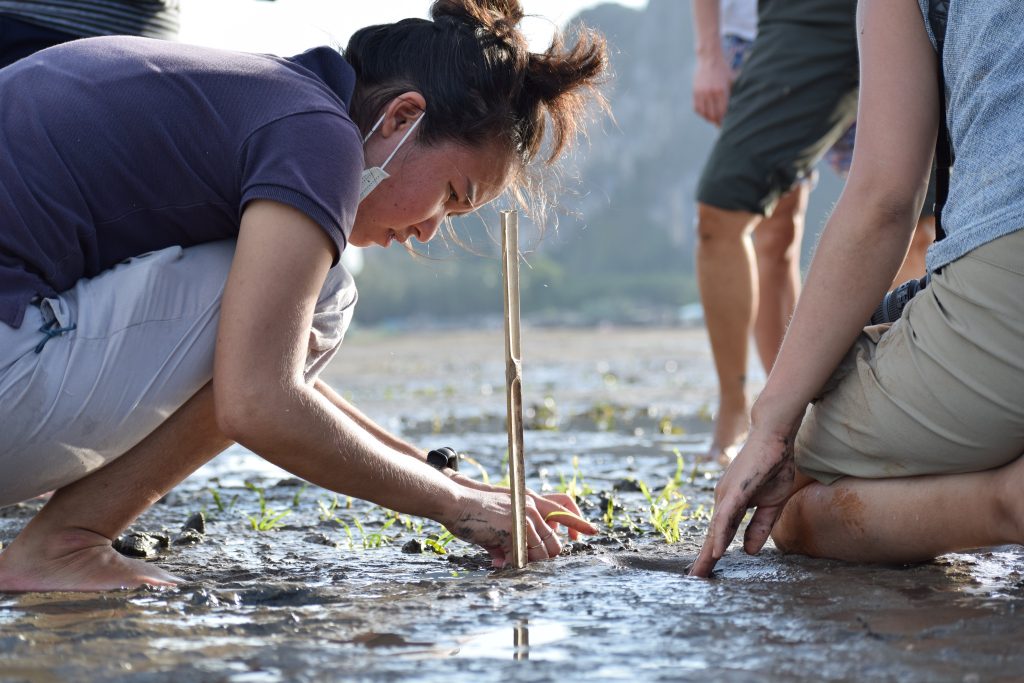
We’re preparing to take part in the UN Oceans Conference in Lisbon, Portugal at the end of June. Follow the work we will be doing and issues we are championing at UNOC here, on our Instagram and Twitter pages, or let us know if you’ll be there!
